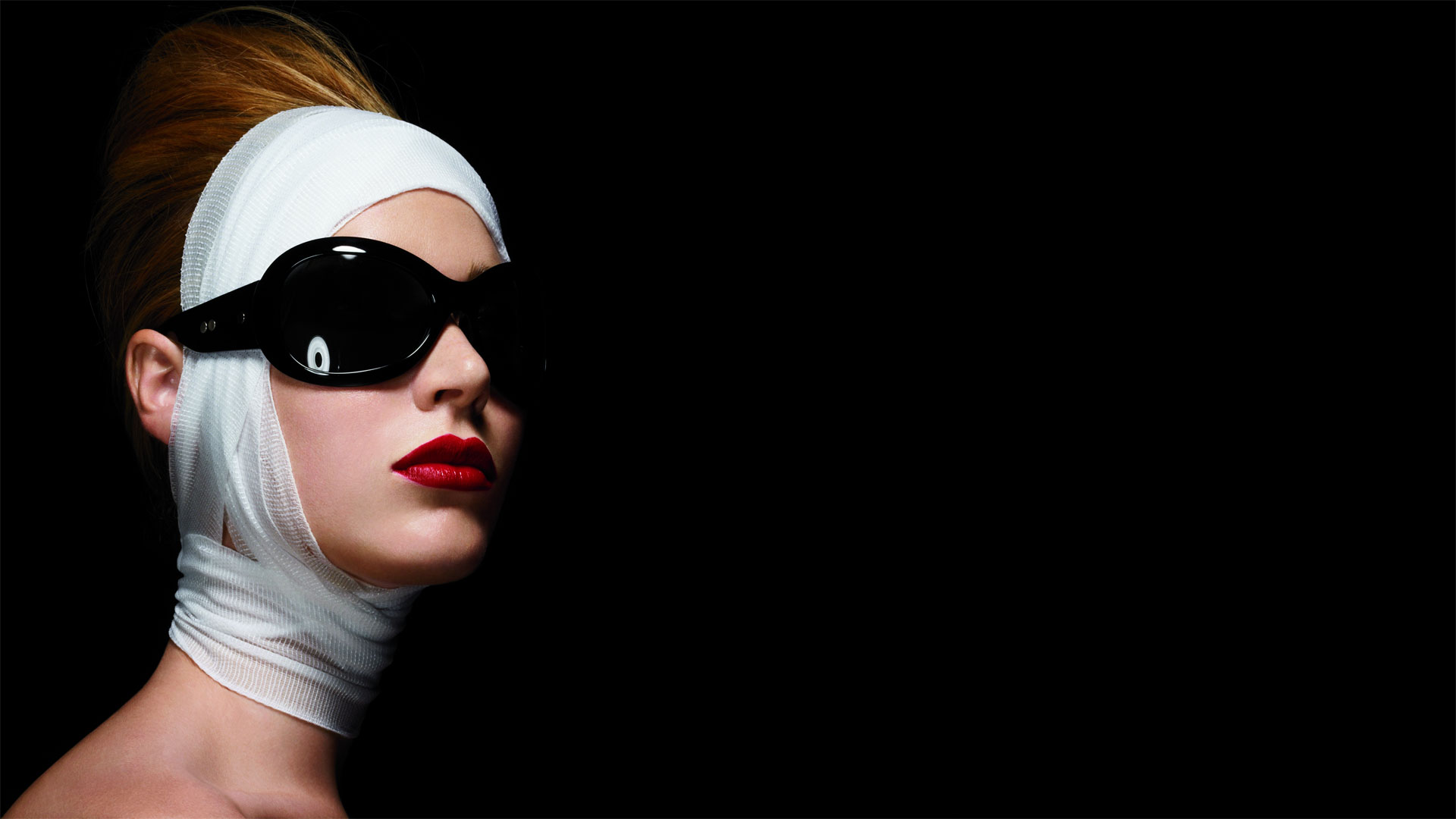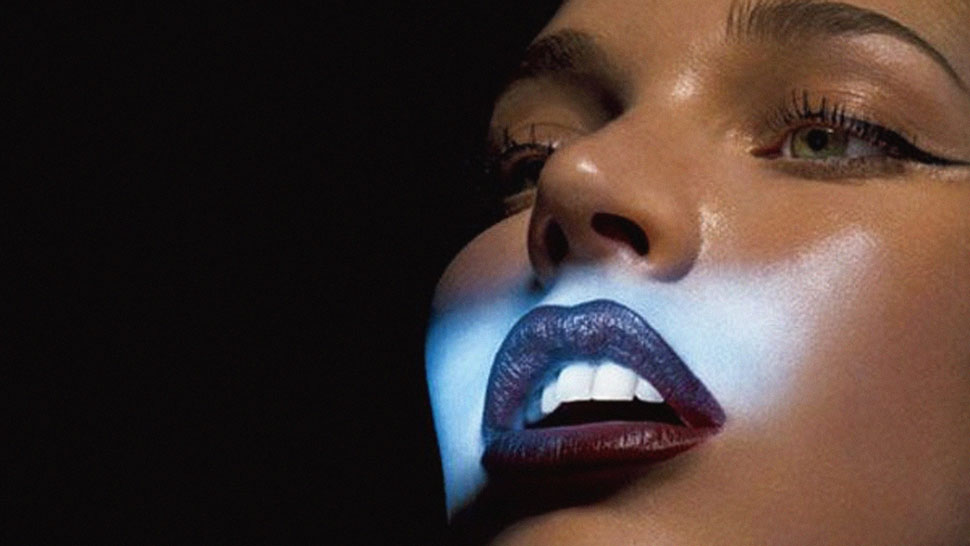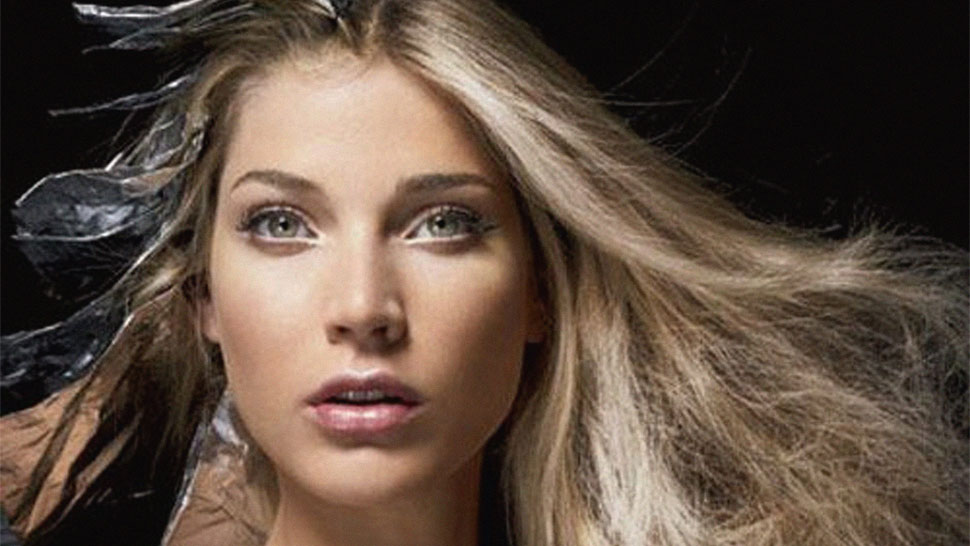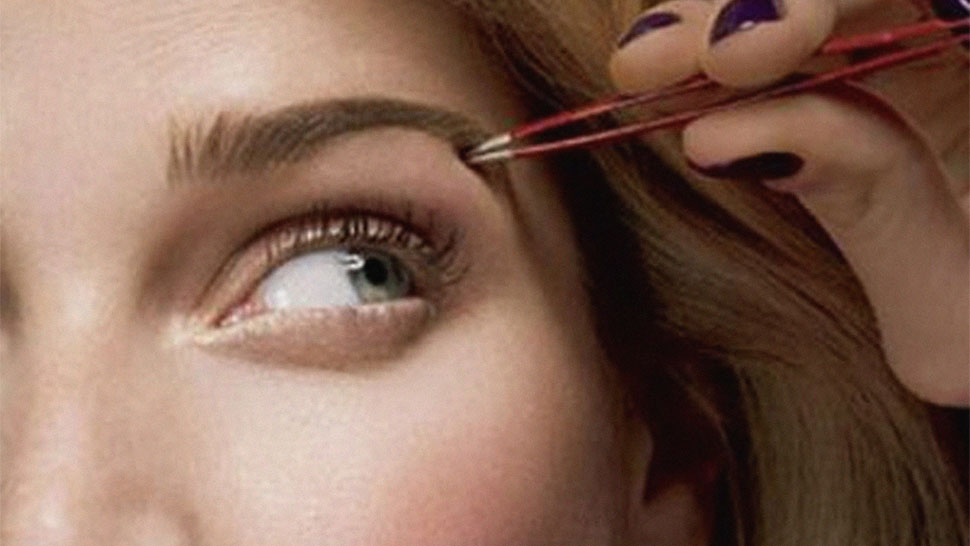Beauty Excess: How Much Is Too Much?
Over-bleaching, over-tweezing, over-Botoxing ... the craze in upkeep has women so hooked, doctors and industry pros are now turning them away. Meredith Bryan reports

Sometime in the past 10 years, with collagen injections and the Fraxel laser, it became not only accepted but expected that celebrities would plot — and implement — their expensive antiaging strategies well before the first sign of a line. While the gossip on awards show night used to be, "Did you see Meg Ryan's hair?" it became, "Did you see Meg Ryan's face?" (We doubt her plastic surgeon is experiencing the same surge in demand as Sally Hershberger, architect of her famous shag.)
Not that there's anything wrong with a little upkeep — most women today have moderate views on cosmetic surgery. In 2006, the American Society for Aesthetic Plastic Surgery (ASAPS) revealed that 63 percent of women in this country approve of it, though just 34 percent would consider it for themselves. But Hollywood, never known for its self-control, is riding a new wave of cosmetic procedures — surgical and non — to an unrecognizable extreme. Sure, this has had some perfectly attractive, rejuvenating effects on some stars, but many have been semi-shocking (Melanie Griffith).
One has to wonder: Are they — are we — really this uncomfortable with getting older, or have cosmetic procedures become an obsession? After all: Jenna Jameson! Priscilla Presley! Courtney Love! Do they think we don't notice? Do they think they look good? And worse: Are they rubbing off on the rest of us?
Plastic surgeons and dermatologists, a.k.a. the enablers, are the first to admit we've gone a little overboard. "You get to be 30 now, and you're old!" says Dr. Thomas Romo III, director of facial plastic and reconstructive surgery at Manhattan Eye, Ear and Throat Hospital. "For [the entertainment] industry, the culture of youth is their job. And what is a youthful face? Full, fat, smooth. But that doesn't look right on a 40-year-old." (Lisa Rinna, anyone?)

"A lot of people come in these days wanting more, and you have to say, 'No, your lips are big enough — and, in fact, would you mind going out my back door?'" says Dr. Steven H. Dayan, a Chicago facial plastic surgeon. "I probably dissuade 40 or 50 percent of those who come in."
Dr. Patricia Wexler, a prominent Manhattan dermatologist, says that some women who land in her waiting room are victims of the rubber-mask effect. "Their skin has no texture whatsoever; it's been peeled and lasered so much that it's lineless and has no pores. They ask for filling to augment a nose that's been reduced four times; they ask to fill cheeks that are already too big."
Dr. Harold Lancer, a Beverly Hills dermatologist, explains the problem with today's antiaging gluttons thusly: "Too much laser work, and you appear a little marbleized. Too many chemical peels, and you look chronically inflamed. And then you have the overfilled look, like a puffer fish."
Get exclusive access to fashion and beauty trends, hot-off-the-press celebrity news, and more.
Yep, we're well acquainted with it (see Lara Flynn Boyle). "Most of these patients aren't aware that they look artificial," says Dr. Foad Nahai, president of the ASAPS. "The majority of cosmetically addicted people have forgotten what they used to look like," adds Lancer. "They're caught up in the method of excessive maintenance, plus they're surrounded by others who think the same way."
The pressures facing celebrities in today's youth-obsessed culture are enormous. While airbrushing technologies have made it possible for stars to show up at photo shoots 10 pounds overweight and still look perfectly toned on magazine covers, the looming specter of universal high-definition TV demands an almost unprecedented level of head-to-toe perfection. Porn star Jesse Jane has already cited this technology as the reason she had her breast implants rejiggered — but don't expect the same candor from mainstream stars!

Doctors say they are aware of the problem and are taking steps to address it, which is in itself significant. Overindulgence in aesthetic treatments has been a problem since plastic surgery was invented some 200 years ago (initially to treat war wounds, by the way — not droopy jowls), but the effort to sensitize plastic surgeons on the topic has only begun in earnest in the past 10 years. The ASAPS, says Nahai, now regularly invites psychiatrists to speak at its seminars. One thing doctors are taught to look out for is body dysmorphic disorder (BDD), a psychiatric condition affecting a small percentage of overenthusiastic antiaging patients. BDD sufferers are chronically unhappy with one or more perceived physical flaws and often continue to be unsatisfied despite repeated surgeries. The Los Angeles Body Dysmorphic Disorder Clinic (you knew there had to be one) estimates that 1 to 2 percent of the population has BDD, though of course not every sufferer undergoes plastic surgery. "If someone in their mid- to late 20s or early 30s has already had six or seven cosmetic operations, that's a red flag," says Nahai. Doctors say they try to determine a patient's motivation for seeking surgery or enhancement, and screen particularly for recent upheavals like divorce, which may indicate a patient is seeking treatment to handle a problem larger than crow's feet. Such patients are often referred delicately to a psychiatrist. "BDD is not treated with surgery; it's treated with psychotherapy and antidepressants," says Sander Gilman, Ph.D., director of Emory University's program in psychoanalysis.
Unfortunately, there is huge profit to be made in antiaging today, and since even pediatricians and OB/GYNs clamor to oversee medi-spas, patients with BDD can almost always find someone willing to grant them their wishes.
But BDD being rare, the frozen expressions and voluminous lips crowding the Chateau Marmont owe mostly to a more pedestrian impulse. You start and — based on a confluence of factors, emotional and environmental — you just can't stop. Doctors say people with addictive personalities are more prone to overuse, but that it can happen to any of us — provided we're rich enough. (Botox, at an average of $417 a pop, and laser resurfacing, which can run upwards of $2,000, are fevers many of us can't afford to catch.) The very fact that many of today's cosmetic treatments are repetitive may make them more addictive.

While it is tempting to think Americans invented plastic-surgery gluttony—after all, when we find something we like, whether a hamburger or a handbag, we supersize it—this isn't entirely true. Gilman points out that South Korea has the greatest number of aesthetic surgeons per capita in the world, and Brazil has the greatest number of procedures per capita. It's a burgeoning worldwide obsession he attributes to the rise of a global "health culture" in the past 10 years — fueled by our desire to look younger and more attractive, and thus be more accepted.
Luckily, most trends in this country eventually produce their own backlash — see awfulplasticsurgery.com, an addictive phenomenon in its own right. And these days, most women don't see Janice Dickinson, with her waxlike complexion, as a beauty ideal they wish to emulate. With In Touch accusing Ashlee Simpson of "Botox at 23!" could it be we will become savvier, more skeptical consumers of antiaging treatments thanks to the same tabloid weeklies that sold us on them in the first place?
"Every time Michael Jackson comes on TV, my phone stops ringing," says Dayan. "When celebrities go a little overboard, that actually hurts us. People don't want to look like that."
However, walk into the tony Manhattan department store Henri Bendel on any Saturday and you'll still be surrounded by trout pouts and shiny, lasered skin. But you'll also be reminded of another, increasingly important part of the antiaging landscape: dermo-skin care, which has stolen at least some of the attention from more drastic interventions. "The majority of people I see want to know about skin care first," insists Lancer. "Five years ago, people came in saying, 'I need this laser or this chemical peel.' This is a positive step backward."
And in the meantime, as we watch overworked Hollywood faces broadcast their cartoonish perfection like JumboTrons, it becomes increasingly clear that the ever-evolving buffet of available antiaging procedures will only complement the things we've known all along: that you also need sunblock, water, and a sensible diet if you're going to look like Demi Moore well into your 40s. And that the most elusive nonsurgical factor — happiness — is the real silver bullet.
Find out what the experts have to say on the following subjects — and how you can avoid falling into beauty excess.
Over-Whitening
Over-Plucking
Over-Bleaching